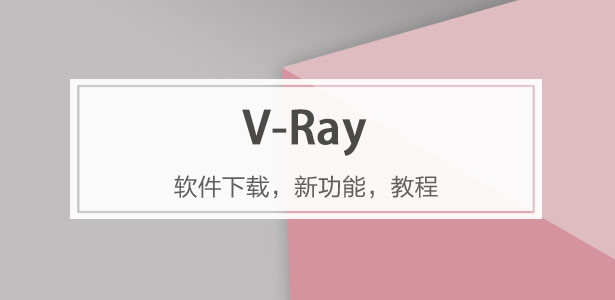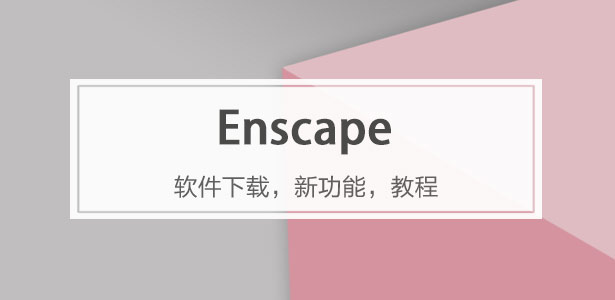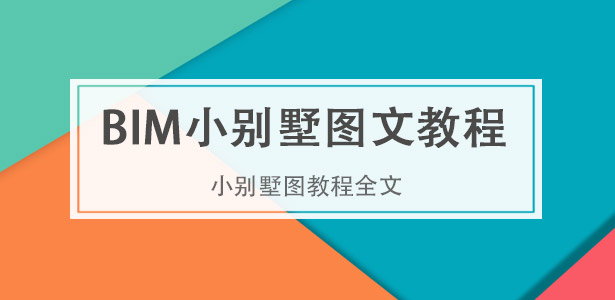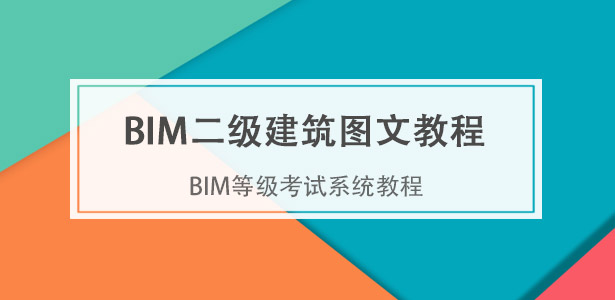
下載app免費領取會員




設計單位? 本哲建筑
項目地點? 上海浦東新區(qū)
項目時間? 2024年10月
建筑面積? 2600平方米
本文文字由設計單位提供。
「天物有所」位于上海浦東高橋鎮(zhèn)夏碧路、毗鄰外高橋保稅區(qū),前身為永樂電器商場。為回應社區(qū)復合化發(fā)展需求,設計在尊重場地歷史文脈的基礎上,將建筑打造為開放性、滲透性的空間界面。通過空間活化與復合業(yè)態(tài)引入,融合藝術(shù)策展、文化事件與生活美學體驗,激活街區(qū)活力,提升區(qū)域生活品質(zhì)與人文價值。
Located on Xia Bi Road in Gaoqiao Town, Pudong, Shanghai, and adjacent to the Waigaoqiao Free Trade Zone, Tianwu Yousuo is the former Yolo Electrical Appliances Shopping Centre. In response to the community's demand for composite development, the site's historical heritage was respected and an open and permeable spatial interface was created in the design. Through spatial revitalization and the introduction of integrated industry, the art curatorship, cultural events and aesthetic life experiences were integrated to activate the vitality of the neighbourhood and enhance the quality of life and humanistic values of the area.

天物有所延續(xù)了場所的記憶,通過解構(gòu)與重組,體塊相互穿插咬合,營造豐富的立體層次。改造后建筑輕盈通透,用打開和退讓的設計手法,模糊內(nèi)外邊界,擁抱城市街巷,讓建筑可以呼吸,喚醒人、建筑與自然的關系。
Tianwu Yousuo keeps the memory of the place. Through deconstruction and reorganization, the massings are interspersed with each other to create a rich three-dimensional hierarchy. The transformed building is light and well ventilated. The internal and external boundaries were blurred with opening and backing down design techniques, so that the building can breathe and embrace the? city streets and alleys, and the relationship between human beings, architecture and nature is awakened.

改造后的公共空間由「不眠書店」主理,24小時運營的模式,即建立了空間的公共性,也在時間維度上闡釋了“不眠”的概念。在空間策略上,入口區(qū)域成為設計的焦點,金屬書架從室內(nèi)向外延伸,引導空間流線,強化了建筑作為社區(qū)活力的公共屬性。
The transformed public space is managed by Bumian Book Store. The public nature of the space and time dimension were established in a 24-hour operation mode. In terms of spatial strategy, the entrance area became the focus of the design. The metal bookshelves extend from the interior to the exterior, guide the flow of the space and reinforce the public attributes of the building as a vibrant community.

中庭部分通過立體交通串聯(lián)高低區(qū),以金屬網(wǎng)構(gòu)建“破殼新生”的視覺意向,重構(gòu)空間脈絡。原本功能化的垂直交通核,由此蛻變?yōu)楦挥猩鼜埩Φ乃囆g(shù)裝置。消解傳統(tǒng)交通空間的乏味,讓穿梭其間的人們沉浸于新生場所的敘事之中。中庭頂部被打開,光成為空間的線索,通透溫暖。
The atrium connects the high and low zones through three-dimensional traffic. Metal mesh was used to construct the visual intention of ‘breaking the shell for new life’ and reconstruct the spatial vein. The original functional vertical traffic core was transformed into an art installation full of vitality. The tediousness of the traditional traffic space was relieved to immerse the people travelling through it in the narrative of the new place. The top of the atrium was opened up, and light became the clue of the space, which is transparent and warm.


一樓簡化的平面示意圖,以LED燈管標志裝飾呈現(xiàn),以有趣的設計語言,與原始斑駁的肌理墻面進行對話。
The simplified plan schematic of the ground floor is presented with LED light tube logo decorations, which is in dialogue with the original mottled textured walls in a playful design language.

首層核心區(qū)為閱讀空間,通高書架連接高低區(qū),小尺度連廊串聯(lián)錯層空間,在這里無論是閱讀,探索、輕聲交流還是漫步,都能感受到親密的鄰里關系。靈活多變的場景轉(zhuǎn)換,讓活動、展覽和市集等社交方式輕松實現(xiàn)。
The reading space is the core area of the first floor, with through-height bookshelves connecting the high and low zones, and small-scale connecting corridors stringing together the staggered spaces, where the close neighbourhood relationship can be experienced while reading, exploring, softly communicating or strolling. Flexible and versatile scene conversion allows socialization methods such as events, exhibitions, bazaars, etc. to be easily realized.



原始的空間功能單一,在改造后,二層原有裝飾天花被拆除,對裸露頂部進行梳理,鋪設鍍鋅線槽,植入發(fā)光LED字母組合,引導人流路徑,為空間增加了戲劇性。
The original space was monofunctional. In the renovation, the original decorative ceiling on the first floor was removed, the exposed top was combed, galvanized wire channels were laid, and a combination of illuminated LED letters were implanted to guide the traffic and add drama to the space.


部分結(jié)構(gòu)頂部被打開,安置多個異形玻璃頂篷,自然光線透進室內(nèi),空間得以延展,也再次回應了本哲建筑的設計理念:建筑、人與自然之間的關系。
Part of the structural ceiling was opened up and multiple shaped glass ceilings were installed. The natural light penetrates into the interior to extend the space, which once again responded to the design concept of Benzhe Architecture Design: the relationship between architecture, man and nature.



空間的肌理主要為耐候鋼和不銹鋼,與裸露的混凝土磚墻舊結(jié)構(gòu)交織共存,粗野解構(gòu),完成一場當下與往昔的對話。
The texture of the space is mainly made of weather-resistant steel and stainless steel, which intertwines and coexists with the old structure of the exposed concrete brick wall, roughly deconstructing and completing a dialogue between the present and the past.

設計圖紙 ▽







完整項目信息
項目名稱:天物有所
項目地點:上海市浦東新區(qū)夏碧路367號
建筑面積:2600平方米
占地面積:1300平方米
設計時間:2023年3月—2023年6月
竣工時間:2024年10月
業(yè)主方:上海本物文化發(fā)展有限公司
設計單位:本哲建筑
主創(chuàng)建筑師:蔣華健
設計團隊:姚瑞艮、林桐
攝影:存在建筑-建筑攝影、呂曉斌
本文由本哲建筑授權(quán)發(fā)布。歡迎轉(zhuǎn)發(fā),禁止以有方編輯版本轉(zhuǎn)載。
投稿郵箱:media@archiposition.com
本文版權(quán)歸腿腿教學網(wǎng)及原創(chuàng)作者所有,未經(jīng)授權(quán),謝絕轉(zhuǎn)載。

上一篇:嵐舍親子酒店設計,避讓古榕的場地織補 / 尚恩設計+述行建筑
下一篇:Aedas新作:上海大悅城二期北地塊,一場歷史與未來的對話






推薦專題









































